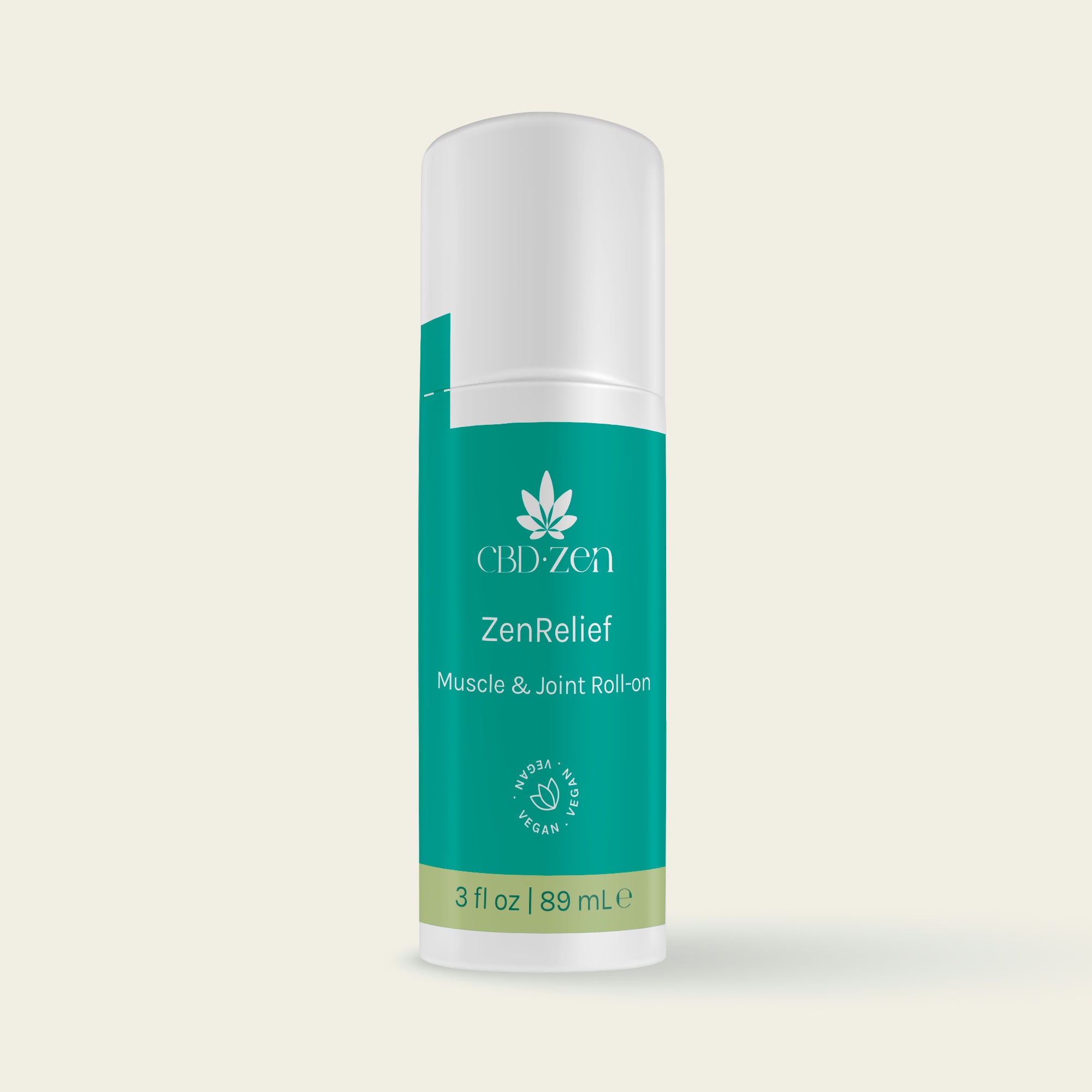Can CBD Help in the Fight Against HIV/AIDS?

Every year, on December 1, the world commemorates World AIDS Day. On this date, people around the world come together to express their support for those living with HIV and remember those who have lost their lives due to AIDS-related illnesses.
Thanks to advances in modern medicine, HIV/AIDS is no longer considered a death sentence. Although medications used to control symptoms and side effects are effective, their potency comes with a number of challenges.
The fight against AIDS still demands research, prevention and global efforts to treat and eradicate the disease. In this context, cannabidiol (CBD) has captured the attention of many, raising questions and, in some cases, hope.
Could CBD be an ally in the management of HIV/AIDS? In this article, we will explore common myths, possible uses in disease management, and recommendations for safe use of this natural component.
Debunking Common Myths about CBD
Over the past four decades, misconceptions about HIV and AIDS have led to behaviors that promote the spread of the virus and discrimination towards those living with HIV. At the same time, there is a lack of knowledge about CBD and its effects on our body. Below, we address some common myths.
CBD is for recreation only:
CBD is often associated with recreational marijuana, but it is essential to understand that CBD is a non-psychoactive compound (it does not cause a “high”) and has great therapeutic properties. Currently millions of people use it daily to treat anxiety, pain, inflammation and in many cases problems related to sleep and stress management.
CBD cures HIV/AIDS:
Although some advocates have exaggerated its benefits, the reality is that CBD is not a cure, but it could help improve the quality of life for those living with HIV/AIDS. CBD (cannabidiol) can help treat some of the symptoms that people living with HIV may experience, but it cannot treat the underlying HIV infection on its own.
Research supports CBD in the management of HIV/AIDS
CBD is perhaps best known for its potential to reduce inflammation and pain while also decreasing anxiety. These benefits could help with a variety of health conditions.
However, research supporting CBD as a specific treatment for HIV symptoms is limited and is currently achieving more and better results.
For example, the US National Center for Complementary and Integrative Health notes that researchers continue to study CBD and other cannabis products to treat HIV symptoms. They hope that CBD can help increase appetite and prevent unintentional weight loss in people with HIV.
In fact, researchers are conducting nearly 200 clinical trials involving CBD, examining its effectiveness in treating post-traumatic stress disorder, cancer, schizophrenia, cognitive impairment, ADHD, Parkinson's disease, and its effect among people. who live with HIV.
Other research has investigated the possible anti-inflammatory effects of CBD in people with HIV. A 2021 review of both human and animal studies found that CBD may reduce oxidative stress and neuron loss.
Additionally, results from a 2019 clinical trial found that cannabis oils taken orally can help boost the immune system in people with HIV.
How do I incorporate CBD into my HIV/AIDS management plan?
The integration of CBD must be careful and well advised:
If you are new to the world of CBD, "start low, go slow” recommend specialists. You should always keep an eye on potency: the effect of CBD may differ when combined with certain antiretroviral medications. Depending on how your body processes the CBD and these medications, experts recommend caution with some combinations.
Consulting with medical professionals is crucial to ensure the safety and effectiveness of CBD as part of the management plan.
Symptom relief :
Studies indicate that CBD may relieve common symptoms such as chronic pain, loss of appetite, and anxiety associated with HIV/AIDS.
Appetite and nausea:
CBD does not have the direct effect of causing a large appetite like THC (linked to marijuana) does, but it can increase appetite by reducing nausea and pain. Nausea is a common side effect when people start HIV treatment or change medication regimens.
Maintaining a healthy weight is critical to the continued health of patients with HIV and AIDS.
Chronic pain:
Patients with HIV/AIDS may experience chronic pain due to the disease itself or the treatments used to control it. Patients often report neuropathic pain (nerve pain), stomach pain, or joint pain. CBD oil can help reduce these types of pain by attacking their cause at the source.
CBD oil acts both directly and indirectly on the body's endocannabinoid system. One of the ways CBD oil does this is by modulating the receptors responsible for regulating pain and inflammation, and CBD could relieve chronic pain thanks to its anti-inflammatory effects on them.

CBD oil and how to incorporate it:
While CBD is available in various forms, many experts suggest that oral CBD, in oil form, may be the safest and most effective option for those seeking to manage the symptoms associated with HIV/AIDS. Incorporating CBD Zen into your management plan can offer significant therapeutic benefits. Five key aspects of consuming CBD oil and how to do it effectively are explored below:
- Choosing Reliable Products: It is essential to select high-quality CBD products from reliable sources. Transparency in production is crucial to ensure you are receiving a quality product. CBD Zen is made from hemp plants grown on USDA certified farms in Wisconsin, United States.
- Determining the Appropriate Dosage: CBD dosage can vary depending on the person and their specific needs. Starting with a low dose and gradually adjusting is recommended, especially for those who are new to CBD consumption.
- Sublingual Method: Sublingual administration is a common way to consume CBD oil. To do this, place a few drops under your tongue and allow it to absorb for about 30 seconds before swallowing. This method allows for faster absorption into the bloodstream through the mucous membranes, which can result in faster and longer-lasting effects.
- Interactions with Antiretroviral Medications: It is crucial to consider the possible interactions between CBD and antiretroviral medications. Consulting with a medical professional is essential to ensure that there are no conflicts that could affect the effectiveness of both treatments.
- Recording Effects and Adjustments: Keeping track of how you feel after taking your CBD Zen can be valuable. While some people experience immediate relief, others may require adjustments in dosage or timing of consumption.
By incorporating CBD oil in a conscious and guided manner, its therapeutic potential in the management of symptoms associated with HIV/AIDS can be maximized. In the constant evolution of medical research, the role of CBD in the management of HIV/AIDS is far from definitive.
The fight against HIV/AIDS is collective and as science advances, considering all available tools, such as CBD, can be a crucial step towards hope and improving the lives of those living with this condition.
Sources consulted
Can CBD Help Treat HIV Symptoms?
https://www.thebody.com/article/cbd-and-hiv
How Does CBD Affect People with HIV?
https://www.healthline.com/health/hiv-aids/cbd-and-hiv
HIV/AIDS and CBD Oil: Managing Symptoms and Side Effects
https://cbdoilreview.org/diseases-conditions/hiv-aids-and-cbd-oil/




Leave a comment